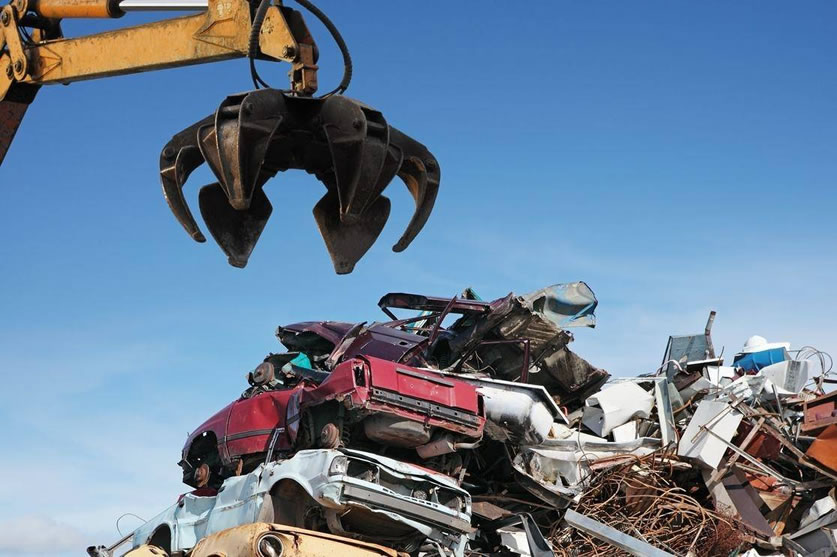

APR 13, 2024
Scrap yards can be like treasure chests for those who recognize their hidden worth in what others might perceive as "junk." Scrap metal recycling centers provide old metal pieces with a second life as recycled scrap metal is brought back into production and sold back into circulation through these bustling marketplaces. But like any adventure quest, they contain their share of hazards. RCM Recycling examines these threats together to manage and avoid incidents effectively.
Scrap yards are massive piles of metal scraps of various shapes and sizes from all over, coming from all areas and serving various purposes before winding up here. Scrap metal buyers or companies collect these metals before sorting and processing them for recycling while maintaining safe spaces for workers and visitors.
One of the greatest challenges at any scrap yard is managing the dangers posed by sharp objects scattered about, especially metal pieces with jagged edges that could cut skin easily. Wearing protective clothing and gloves is one effective solution that could protect you against cuts or scrapes in an otherwise dangerous setting.
When mismanaged, heavy metals pose significant health and safety risks. Equipment like forklifts helps move these massive items safely. However, workers need training on using such machinery safely to do this effectively.
An additional danger posed by metal piles is falling objects, so wearing hard hats and making sure metal stacks are secure can reduce this risk.
Let us not overlook hidden dangers such as hazardous materials. Scrap metal often contains hazardous substances that require proper handling to remain harmless. Proper training in potentially dangerous materials and wearing appropriate protective equipment are key to successful management.
Good management starts with clear safety protocols that all workers in a scrap yard understand. Regular training sessions help reinforce safe practices among everyone.
By keeping the area organized and making sure metal is stored appropriately, we can significantly lower risk and increase efficiency—from scrap metal buyers to processing companies that recycle materials from it all.
Even with the best preventative measures in place, accidents happen; having plans for various emergencies ensures everyone knows exactly what should happen in such events and could potentially decrease injuries and damages.
From management down to employees in a scrap metal company, prioritizing safety as a daily part of work life and being vigilant against unsafe situations to stay out of court is essential. Not just following rules but looking out for each other and speaking up when something seems unsafe are integral parts of success in safety-oriented workplace environments.
Scrap metal recycling isn't simply about giving old metal new life; it's also about doing it safely and responsibly. By managing the hazards in scrap yards effectively, we protect people and the environment from potential danger. Recycling metal is a green process that reduces mining needs while conserving resources and decreasing pollution. Yet, to truly be sustainable, it must be carried out without injury to staff, the environment, or others. For it to truly remain viable.
RCM Recycling knows scrap yards provide immense opportunities for recycling and business ventures, yet they also present risks that must be managed carefully to remain productive. Through effective management and safety awareness campaigns, we can prevent incidents while continuing scrap metal recycling as an integral component of economic development and environmental efforts. Scrap yards require special consideration from everyone involved, from buyers and companies alike in their operations. By working collaboratively, we can navigate hazards while making treasure hunts rewarding yet risk-free experiences for all concerned.